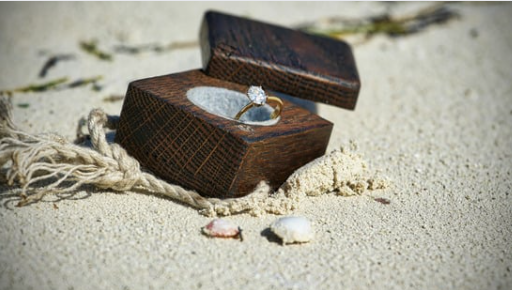arggg! I feel so stupid! I made an appoinment with Harold Weinstein to get my diamond appraised, and like everyone the secretary asked me to bring the gia report with me. Of course I never planned to give it to them beforehand, but to compare afterwards. When I went to get my diamond appraised today, i never gave them any grading reports, but just handed over the diamond that was folded in a tissue paper. I then realized later that the COLOR, CLARITY, TABLE, DEPTH% as well as GIA CERTIFIED was printed right on the back of the tissue paper!!!!
 I know that Harold Weinstein is extremely creditble and strict on their grading.... but i''m afraid that this may have affected their grading ( so much for independent appraiser)
I know that Harold Weinstein is extremely creditble and strict on their grading.... but i''m afraid that this may have affected their grading ( so much for independent appraiser)
 Everything turned out the same as the GIA grading... although they did plot the crystals correctly without seeing the the GIA plot. Should I see what happens when I bring the diamond in again to get it appraised once it is set?
Everything turned out the same as the GIA grading... although they did plot the crystals correctly without seeing the the GIA plot. Should I see what happens when I bring the diamond in again to get it appraised once it is set?
Also, I didn''t get any grading on the PAV, CROWN, CULET etc... Does Harold Weinstein not grade those parts? or do you have to ask specifically? It is a cushion cut diamond does this make a difference?


Also, I didn''t get any grading on the PAV, CROWN, CULET etc... Does Harold Weinstein not grade those parts? or do you have to ask specifically? It is a cushion cut diamond does this make a difference?




300x240.png)